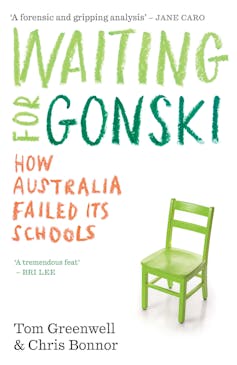
There is a unique magic to the multi-generational holiday. It is a rare opportunity where gr...

Fans of Married At First Sight UK and Married At First Sight Australia are about to see the expe...

Two indulgent Aussie Angus burgers – plus the arrival of Kirks Lemon, Lime & Bitters – the ...

After just three rate cuts in 2025, interest rates have risen again[1] in Australia this year. I...

Just Five Minutes More a Day Could Prevent Thousands of Deaths, Landmark Study Finds
Small, rea...

As Married At First Sight returns to Australian screens in 2026, viewers are once again getting a ...

A migraine attack[1] is not just a “bad headache”.
Migraine is a debilitating neurological co...

Two years ago, I entered the digital marketing space with the mindset of an engineering student ...

Australian small businesses are being hit harder than ever by costly disruptions...


















